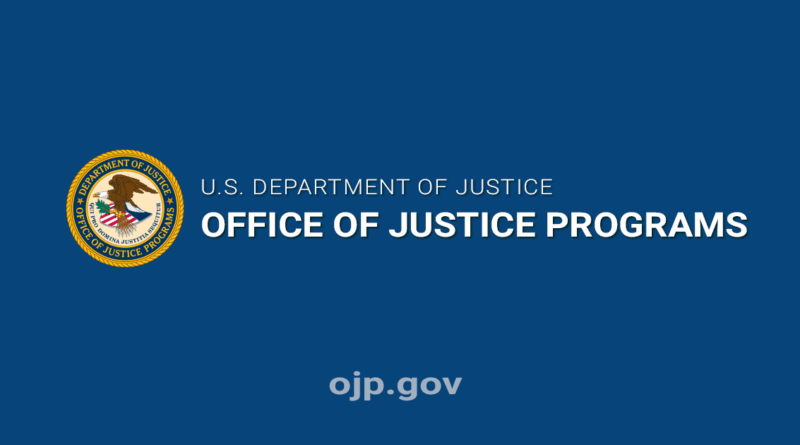Federal Support Halved for US Gun Violence Prevention Programs
Amid larger budget revisions, the Trump administration withdrew over half the federal support allocated towards programs aimed at preventing gun violence within the United States. Notably, this meant eradicating $158 million in grant funding that was once intended for organizations established across metropolitan areas including New York, Los Angeles, Chicago, Washington, DC, and Baltimore.
Out of the total 145 community violence intervention (CVI) grants, which collectively amounted to in excess of $300 million and were distributed by the U.S. Department of Justice, 69 saw abrupt cessation as of April. This unexpected cut to CVI grants signifies a wider wave of reductions instigated by the Office of Justice Programs, the department’s grant-awarding body.
This office took the decision to withdraw 365 grants amounting to $811 million in funds on a similar timeline. The impact of this change has been felt across a variety of public safety and support services for victims of crime. According to a representative from the DOJ, the decision to terminate the funding for gun violence prevention was based on an assessment that the grants didn’t align with the program’s goals or the agency’s core priorities.
At present, a vast range of Office of Justice Programs grants is witnessing a comprehensive review, with evaluation criteria including the degree to which they facilitate and cater to law enforcement efforts and the mitigation of violent crime. The principal share of CVI grants received their funding through the 2022 Bipartisan Safer Communities Act, courtesy of efforts by then President Joe Biden intending to counteract the rise of gun violence within the nation.
Alongside addressing the rise of gun violence, Biden also established the inaugural White House Office for Gun Violence Prevention. However, this office was hastily ‘dismantled on day one’ under President Trump’s administration. Prior to the era of Biden’s presidency, the majority of initiatives aimed at preventing gun violence were backed financially at the state level.
Going back five years, the presence of such programs, where they did exist, was limited, owing to modest budgets and a lack of substantial, multimillion-dollar federal investments. The grants that have been withdrawn were aimed at supporting a diverse array of CVI activities intended to prevent instances of shooting.
These activities encompassed training for outreach teams on methods of de-escalation and conflict mediation, facilitating the role of social workers in linking people to services and job opportunities, along with hospital-centric programs designed for victims of gun violence. In the timespan from 2015 to 2021, gun violence deaths within the U.S. intensified by over 50%, reaching a peak at 21,383, though a subsequent decline has been observed.
Where the distribution of funding intended for the prevention of gun violence is concerned, the majority found its way to cities including New York City, Chicago, and Los Angeles. But cities in the South like Memphis, Selma in Alabama and Baton Rouge in Louisiana, also gained several million dollars, proving particularly reliant on such funds due to a lack of state support for these programs.
Concerns are now emerging that these cuts could prove detrimental to the future viability of community violence intervention schemes. Many of these projects, which are firmly rooted within predominantly Black and Latino communities, were established over a number of years, indicating potential long-term impacts of the funding dismissal.
CVI programs have faced criticism, with some arguing that they fail to offer an effective solution, positing instead that the federal resources could be more effectively allocated towards bolstering law enforcement in an effort to suppress gun violence. On the other hand, some critics perceive these initiatives as fundamentally being ‘anti-gun,’ serving as ‘nothing more than vehicles to transfer federal tax dollars to anti-gun non-profits who lobby against our rights.’
The sentiment that the programs carry inherent bias against firearms isn’t universally agreed upon within law enforcement circles. This became evident in June, when 18 law enforcement congregations spanning Louisville, Minneapolis, Tucson and Omaha submitted a letter to the Attorney General. They were pushing for a reversal of the funding halt, stating that the funds had produced ‘quantifiable and substantial reductions in violence and homicides.’
The groups made clear their stance that the programs are not merely ‘feel-good initiatives;’ According to them, these are ‘effective, life-saving measures that enhance law enforcement,’ and have demonstrated their utility. Currently, organizations that have previously relied heavily on this federal funding find themselves wrestling with the challenge of maintaining their operations in light of the funding drought.

